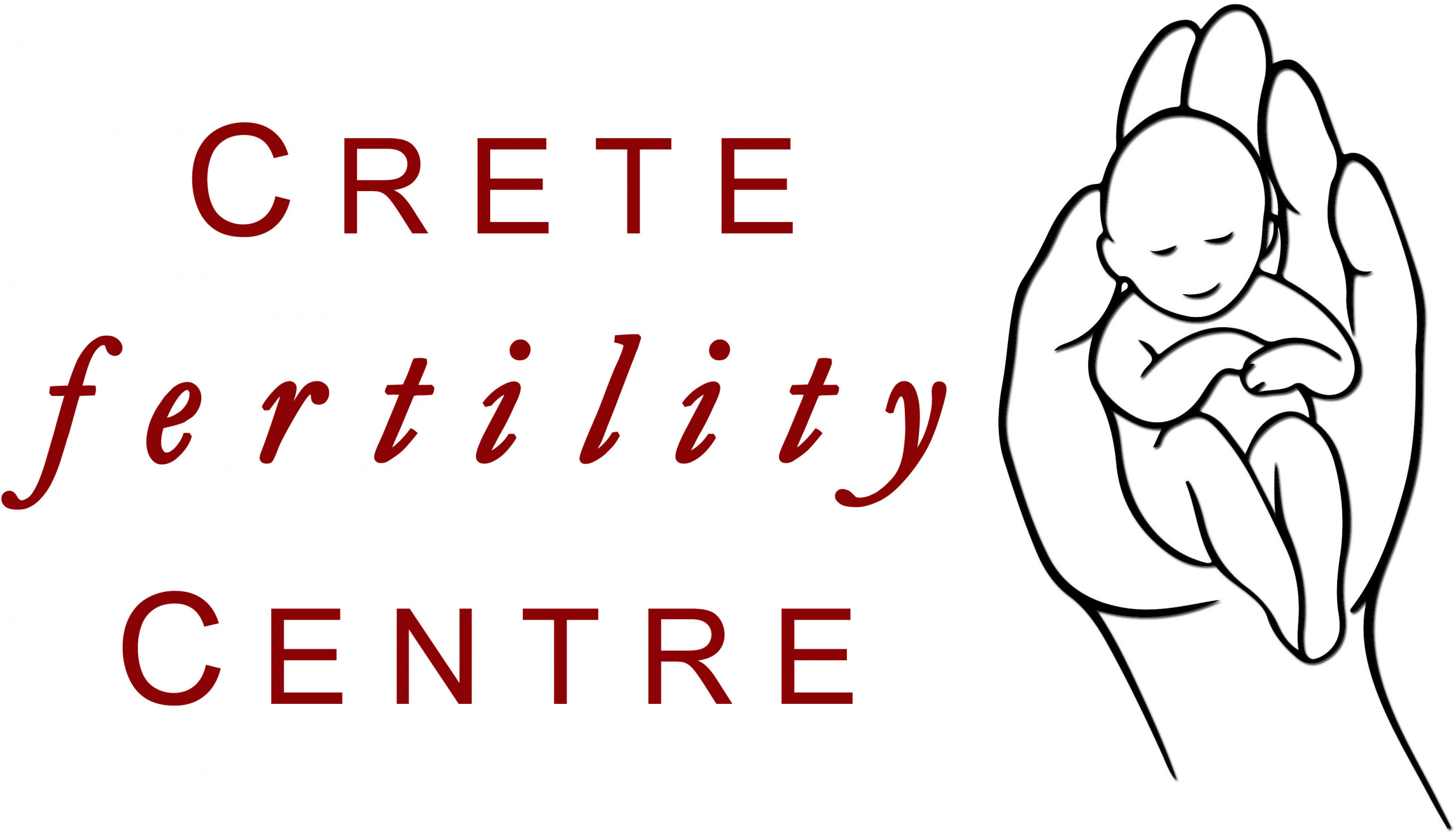One-fifth of UK women over 35 struggling to conceive

Nearly one-fifth of women aged 35 to 44 years have had problems conceiving, according to a survey of over 15,000 British people.
The results of the survey, which were published in Human Reproduction, also revealed that, of those who reported experiencing infertility, 42.7 percent of women and 46.8 percent of men did not seek medical help for the problem.
From 2010 to 2012, 15,162 individuals aged 16 to 74 years completed the survey. It showed that 12.5 percent of women and 10.1 percent of men reported experiencing infertility – defined as trying unsuccessfully to become pregnant for one year or longer.
The highest prevalence of infertility was found among women aged 35–44 and among men aged 35–54. Among women who had become pregnant aged 35 or older, more than a third had experienced a period of infertility compared with fewer than one in ten women who had their first child before the age of 25.
The study also found a link between infertility and several socioeconomic factors. For example, women who had a degree were more likely to have reported fertility problems, as were both men and women in managerial, professional and technical employment compared with those in ‘routine occupations’. This may reflect those people delaying starting a family for education or career reasons.
Jessica Datta, of the London School of Hygiene and Tropical Medicine, who led the research, said: ‘Our research has implications for women pursuing careers in an uncertain labour market. Rather than warning them of the risks to fertility of delaying parenthood, we advocate social policy that better supports working parents to manage the responsibilities of employment and bringing up children.’
Speaking to The Telegraph, a spokesperson for the British Pregnancy Advisory Service added that ‘rather than constantly warning women of the dangers of waiting, we should explore what more we can do to support women having their children earlier, if that is their wish’.
The survey found that rates of seeking help for infertility were also associated with socioeconomic indicators – both women and men with lower levels of education and lower occupational classifications were less likely to have sought help. The researchers speculated that this disparity might be because such individuals are less informed about fertility and might not know what medical help is available.
We were surprised that almost half of the people in our study who had experienced infertility had not sought help,’ said Datta. ‘One of the important and concerning findings in our study is the difference in educational attainment and job status between people who sought help for infertility and those who did not. Studies of infertility have tended to recruit research participants from medical settings, such as general practice, so our population-based survey sample provides a rare insight into those people who, despite having failed to get pregnant after a year of trying, did not seek help from health services.
Source: bionews.org.uk




